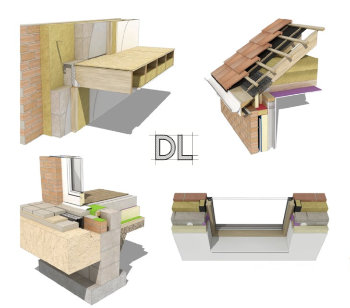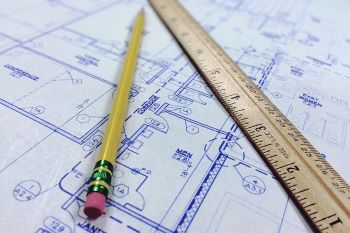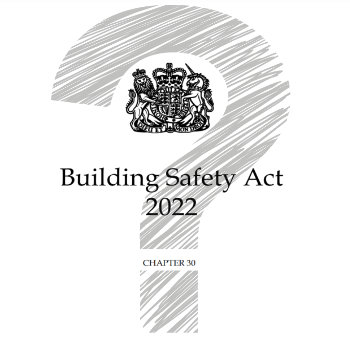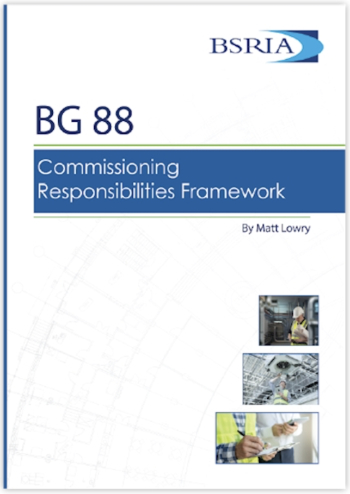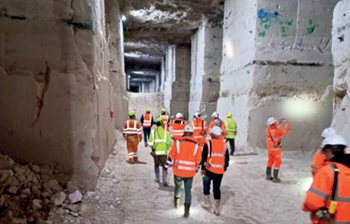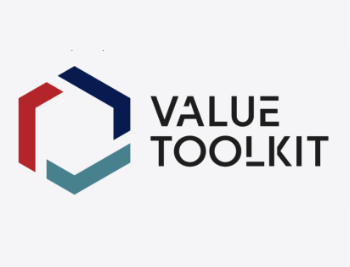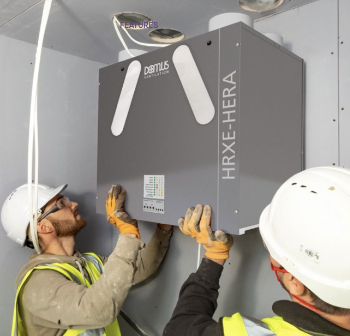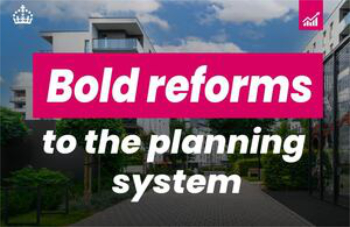A traceability framework for the construction supply chain
A Traceability Framework has been developed to help with the complex process of tracing the source, production and distribution of construction products, and verifying the claims made about them.
Many construction products have long and complex journeys before reaching their end consumers, who often know little about the origins of the products, or the circumstances in which they are sourced, produced and distributed.
Traceability involves knowing where products come from, their journeys through supply chains and the conditions within those supply chains. Tracing helps to verify claims made about the products, such as that they are manufactured without workforce exploitation (for example without using modern slavery), and about their embodied carbon and life-cycle energy use, quality and so on.
Traceability is established in the automotive, pharmaceutical and food sectors, but little is known about traceability in construction. A BRE Trust supported PhD research study by Asselya Katenbayeva at Loughborough University, has been conducted in response to this gap in our knowledge. It has investigated how traceability is understood and implemented by contractors and manufacturers, and developed and validated a Traceability Framework for the construction sector.
The study revealed the critical role of responsible sourcing and supply chain sustainability for driving traceability in construction. However, a lack of supplier collaboration and information exchange, stemming from the fragmented and complex nature of the construction sector, hinder traceability. This is compounded by the absence of regulations governing traceability, and low awareness of its benefits, scope and implementation.
On the other hand, the development of digital technologies offers the potential for traceability to optimise product supply chain processes, improve product quality management and facilitate the circular use of products in the construction sector.
A Traceability Framework has been developed to provide a holistic way of understanding the complex process of tracing products within construction. It was validated with contractors, manufacturers and other construction sector stakeholders. The framework can be a starting point for construction companies developing their own company-specific traceability strategy.
Asselya was supervised by Dr Chris Goodier, Dr Peter Demian and Prof Karli Glass at Loughborough University, and Dr Shamir Ghumra at BRE. For more information on the Traceability Framework contact Asselya ([email protected]) or access the paper.
[edit] Related articles on Designing Buildings Wiki
- Action programme for responsible and ethical sourcing.
- BES 6001 Responsible sourcing of construction products.
- BRE articles.
- BRE Trust.
- BREEAM recognised responsible sourcing certification schemes.
- BREEAM Responsible Sourcing of Materials.
- Building Research Establishment.
- Chain of custody.
- Point of supply.
- Traceability.
Featured articles and news
From studies, to books to a new project, with founder Emma Walshaw.
Types of drawings for building design
Still one of the most popular articles the A-Z of drawings.
Who, or What Does the Building Safety Act Apply To?
From compliance to competence in brief.
The remarkable story of a Highland architect.
Commissioning Responsibilities Framework BG 88/2025
BSRIA guidance on establishing clear roles and responsibilities for commissioning tasks.
An architectural movement to love or hate.
Don’t take British stone for granted
It won’t survive on supplying the heritage sector alone.
The Constructing Excellence Value Toolkit
Driving value-based decision making in construction.
Meet CIOB event in Northern Ireland
Inspiring the next generation of construction talent.
Reasons for using MVHR systems
6 reasons for a whole-house approach to ventilation.
Supplementary Planning Documents, a reminder
As used by the City of London to introduce a Retrofit first policy.
The what, how, why and when of deposit return schemes
Circular economy steps for plastic bottles and cans in England and Northern Ireland draws.
Join forces and share Building Safety knowledge in 2025
Why and how to contribute to the Building Safety Wiki.
Reporting on Payment Practices and Performance Regs
Approved amendment coming into effect 1 March 2025.
A new CIOB TIS on discharging CDM 2015 duties
Practical steps that can be undertaken in the Management of Contractors to discharge the relevant CDM 2015 duties.
Planning for homes by transport hubs
Next steps for infrastructure following the updated NPPF.









